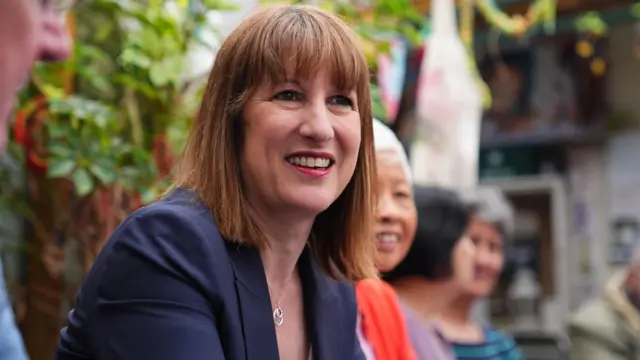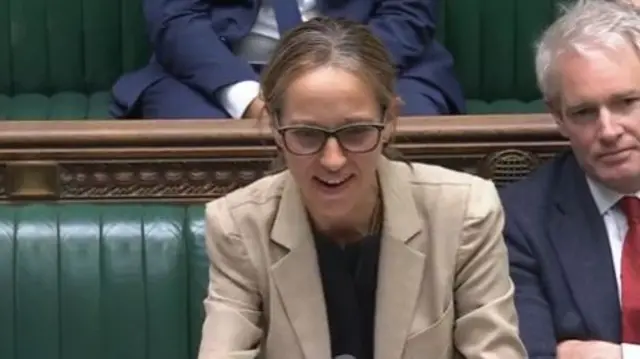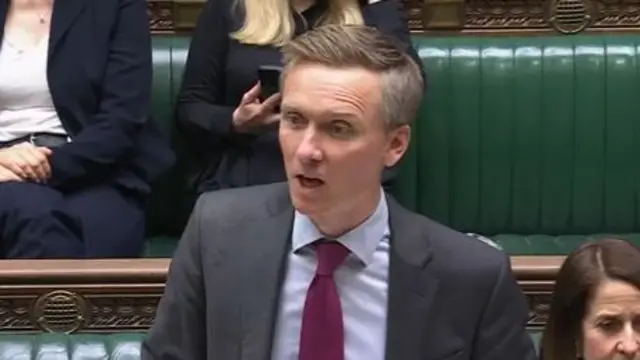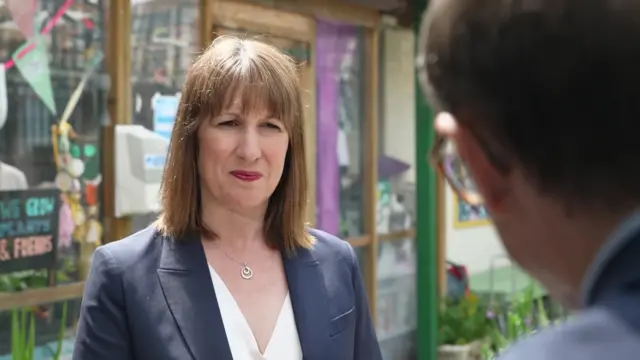A major government U-turn and plenty of reaction - how today unfoldedpublished at 17:41 BST 9 June
Sofia Ferreira Santos
BBC News
 Image source, PA Media
Image source, PA MediaThe chancellor said the government had listened to the public's concerns over its winter fuel cuts and taken action
A Commons debate on the government's confirmed changes to the winter fuel payment has now concluded - and our live coverage will soon follow suit. Here's everything you need to know from today:
- The government announced that more than 75% of pensioners in England and Wales will now be entitled to the winter fuel payment - this does not apply to Scotland and Northern Ireland, where devolved policies are in place
- Pensioners with an income of £35,000 or less will receive the payment automatically this winter, with no need to complete extra paperwork
- The cost of this change is projected at £1.25bn - when our political editor Chris Mason asked the chancellor how this would be paid for, she said details would be announced later this year
- It's telling that we don't yet know where this money's coming from, the BBC's Faisal Islam said in some post-match analysis, adding that many pressures remain on the public finances.
- What did cross-party politicians have to say? Tory leader Kemi Badenoch called the U-turn "humiliating" and said the prime minister should apologise; the Greens' Carla Denyer said it was a "huge relief"; Lib Dem leader Ed Davey said the government had "finally realised how disastrous this policy was"
- Some charities have welcomed the change, while the think tank Institute for Fiscal Studies warned that parts of it are "messy" and could lead to more taxes
- Meanwhile, our readers have been sending in their opinions - with some saying it will "make a lot of difference" while others suggested the money should be spent elsewhere, such as the NHS or housing
That's it from us, thanks for following along. To keep up to date with everything winter fuel payment-related, head to our dedicated news story.











